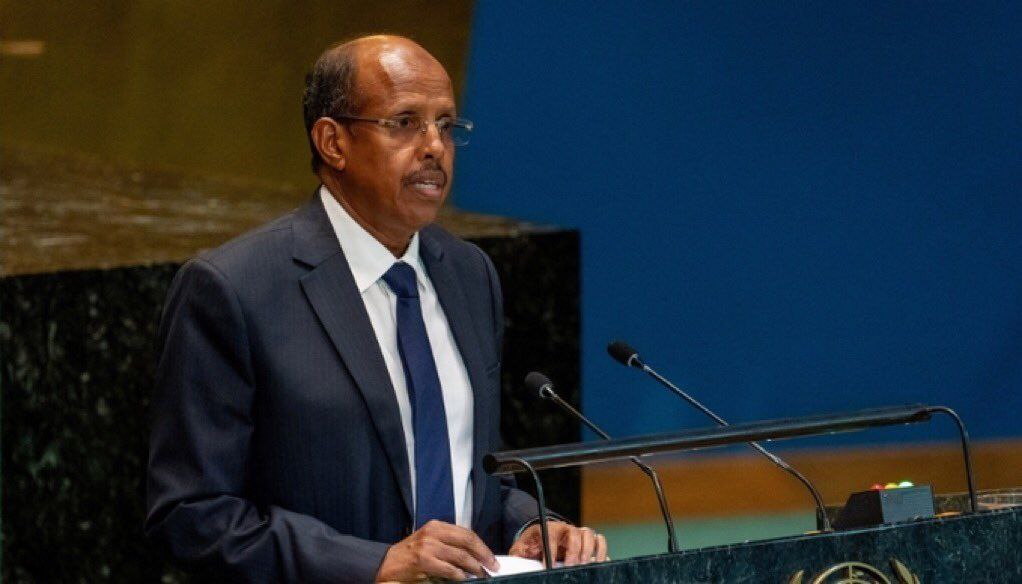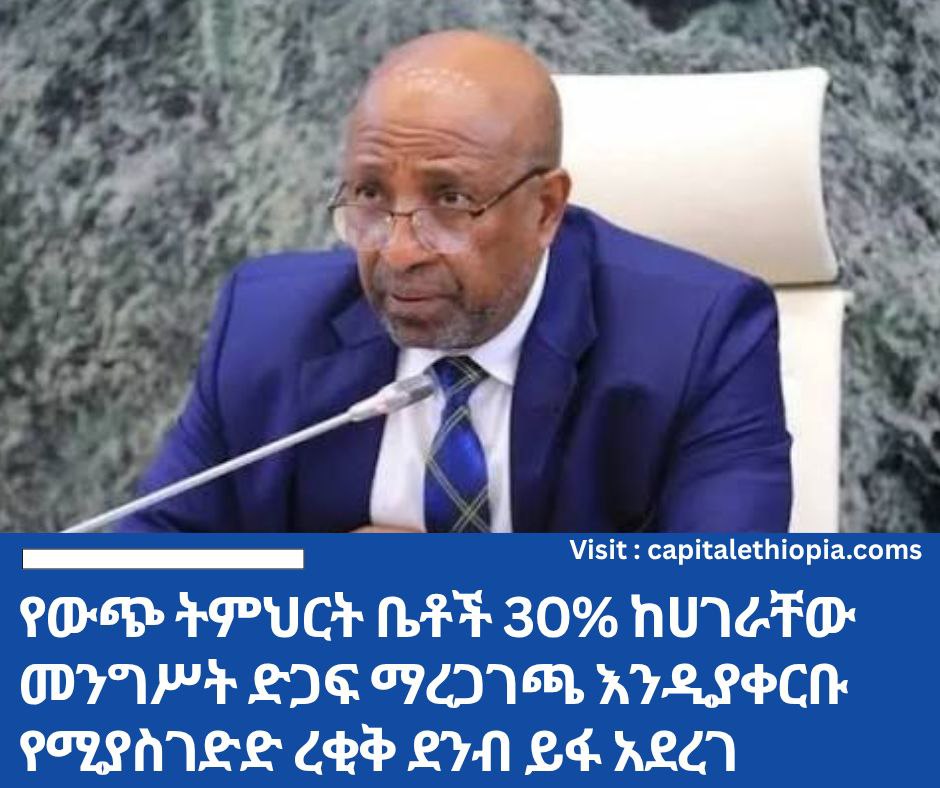The African Union (AU) has issued a stark warning about the continent’s worsening debt crisis, revealing that 57 percent of Africa’s population lives in countries where debt servicing costs exceed essential social spending. This development threatens to undermine investments in health, education, and other critical areas for human development.
Mahamoud Ali Youssouf, Chairperson of the African Union Commission, highlighted these alarming figures during the G20–Africa High-Level Dialogue on Debt Sustainability, Cost of Capital, and Financing Reforms. He reported that Africa’s total public debt has soared to approximately $1.8 trillion, equating to about two-thirds of the continent’s Gross Domestic Product (GDP).
The financial burden is intensifying, with debt service payments expected to surpass $70 billion in 2024 alone. Such high debt servicing divert resources away from vital public services and development programs, putting additional economic pressure on already vulnerable populations.
Youssouf called for urgent reforms, including the establishment of a “New Financial Compact” designed to overhaul the global financial system. He described the current system as imposing a “hidden tax on development” for African nations and urged the G20 to lead efforts for a fairer, more balanced financial architecture. The goal is to create sustainable debt management frameworks that support Africa’s long-term growth and socio-economic development.






